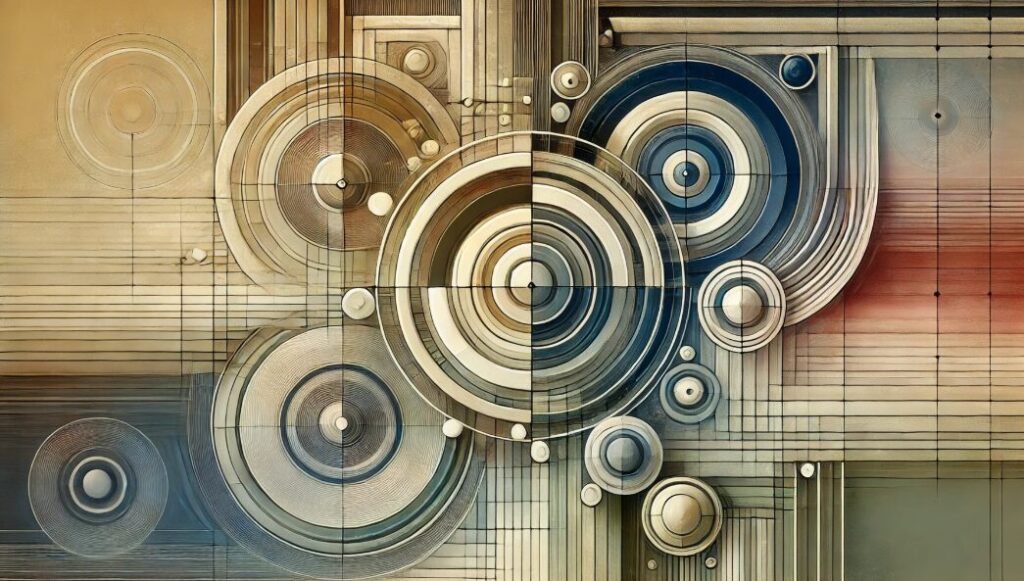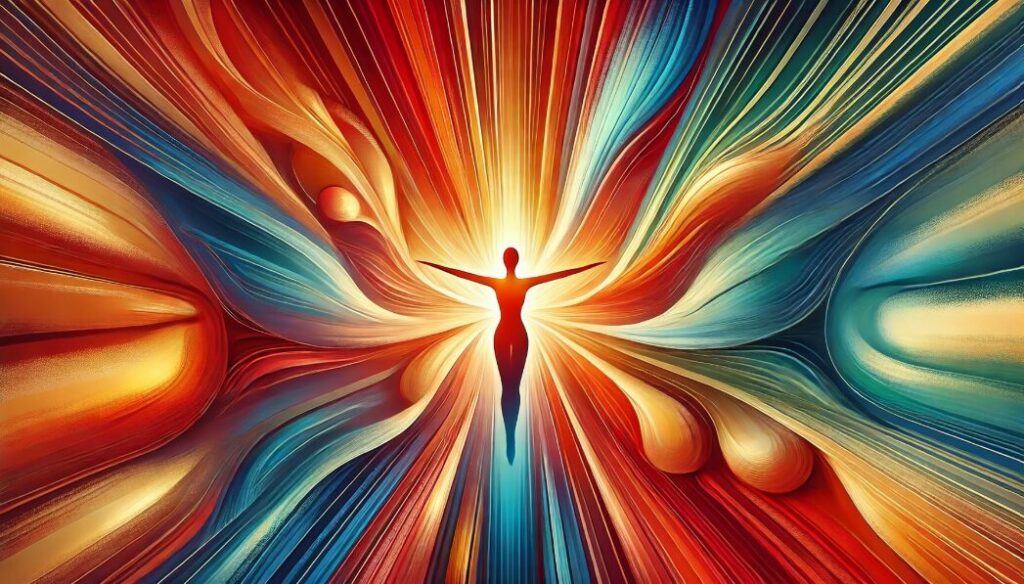Have you ever stopped to wonder why you feel the need to cover your body? I mean, really thought about it—why does exposing certain parts of ourselves feel so taboo, so uncomfortable, so… wrong? It’s not like we were born with shame stitched into our skin. Yet here we are, living in a world that tells us to cover up and hide what’s most natural and beautiful about us. Why?
This question isn’t just academic—it’s personal. It’s about more than just fabric on skin. It’s about power, control, and a system that profits off your shame. It’s time to reclaim our humanity, to challenge the unspoken rules that tell us we’re somehow less worthy when we’re uncovered. It’s time to look shame in the face and say, “Not anymore.”

The Roots of Genital Covering: Unraveling the Myth
It’s important to acknowledge that while covering the genitals seems ancient and instinctual, it’s not universally true across all human history and cultures. The truth is nuanced. Yes, early humans likely covered their genitals at times for protection from the elements or environmental hazards. But full nudity was also remarkably common among many early civilizations, especially in warmer climates where clothing served little practical purpose. For much of human history, the human body in its natural state was normal, accepted, and even celebrated.
What changed? The rise of civilization brought about new social structures and dynamics. With increased complexity came the desire to manage not just practical safety but social cohesion. As humans settled into larger, more organized communities, the need to reduce social conflict became more pressing. Over time, genital covering became associated with maturity, status, and authority—moving from practical necessity to social expectation.
Yet, it’s crucial to remember that these early practices didn’t equate to shame. Ancient civilizations like the Greeks and Romans embraced nudity openly in athletic, artistic, and even everyday contexts. In these cultures, the human form was celebrated as a representation of strength, beauty, and vitality. It wasn’t until the emergence of moral and religious doctrines—particularly from the Abrahamic traditions—that nudity became associated with sin and moral failing. Religion, especially Christianity and Islam, weaponized nudity as a tool for control, shifting the narrative from naturalness to shame.

The Real Reason We Cover Up: Social and Hierarchical Dynamics
When we look back to early human societies, it’s clear that practical covering often served a purpose—protection from harsh environments, insects, or injury. But covering also had a social aspect, rooted in our earliest social structures. As human groups grew and developed more complex dynamics, the need to maintain social harmony became crucial.
In these early communities, staying in harmony meant managing powerful emotions like jealousy, lust, and dominance. If everyone’s genitals were on full display, it could have disrupted the group dynamic. Covering became a practical way to maintain social order. It wasn’t about shame—it was about keeping the peace.
But that was a very primitive response. Early humans didn’t have the social sophistication to separate the natural human form from sexual availability. As our brains and societies evolved, so did our capacity to understand human bodies as more than just objects of desire. Over time, we developed the ability to perceive the human form with nuance and depth, recognizing it as a vessel of identity, humanity, and dignity rather than solely a signal of sexuality.
Despite this progress, the old, primal response to nudity persisted, compounded and manipulated by cultural and religious systems that saw an opportunity to weaponize shame for control. Covering our bodies shifted from a practical adaptation to a powerful social norm, and eventually to a moral imperative that fueled entire systems of power. What was once practical and socially functional became rigidly moralized, creating a powerful force that profited from keeping people feeling inadequate in their natural state.
The real question we need to ask ourselves now is this: Are we still bound by the basic instincts of our most primitive ancestors, or have we grown enough to reclaim our bodies without fear or shame? Full body acceptance challenges us to rise above outdated conditioning, to move past primitive impulses and societal manipulation, and to embrace our natural state as not just acceptable, but as powerful and dignified.

Why Full Body Acceptance Matters: Breaking Free from the Chains
Imagine a world where your body is not something to be hidden or ashamed of. Where the human form—your form—is recognized as beautiful, dignified, and powerful. This isn’t some abstract fantasy; it’s your birthright. Your body doesn’t need to be censored or cloaked to deserve respect. The idea that nudity is only sexual or indecent is one of the most damaging lies society has ever embraced—keeping people oppressed and ashamed for generations.
Why Embracing Your Whole Self Is a Revolution
- Taking Back Control: When you own your body—every inch of it—you reclaim your personal power from the systems that try to make you feel small.
- Defying Shame: Shame only works when we believe it’s justified. When you embrace your body without guilt, shame loses its grip.
- Cultivating Confidence: Real confidence isn’t about fitting into society’s mold—it’s about standing tall in your own skin, unapologetically.
- Creating Connection: Being comfortable in your body helps you show up authentically in your relationships. It challenges others to rethink their own biases and break free too.

Reclaiming Your Right to Exist—Unapologetically
Full-body acceptance isn’t just about nudity—it’s about liberation. It’s about stepping into your own skin with pride and telling the world that you refuse to be shamed for existing as you are. It’s about dismantling the structures that profit from making you feel less than whole.
If you’re tired of feeling like your body is a problem to be solved, it’s time to make a radical shift. You weren’t born ashamed. You were born free, powerful, and deserving of respect in your natural state. The only thing standing between you and that freedom is the story you’ve been told—a story that we’re rewriting, together.
Let’s break the chains. Let’s be unapologetically human. Let’s make shame history.


Leave a Reply